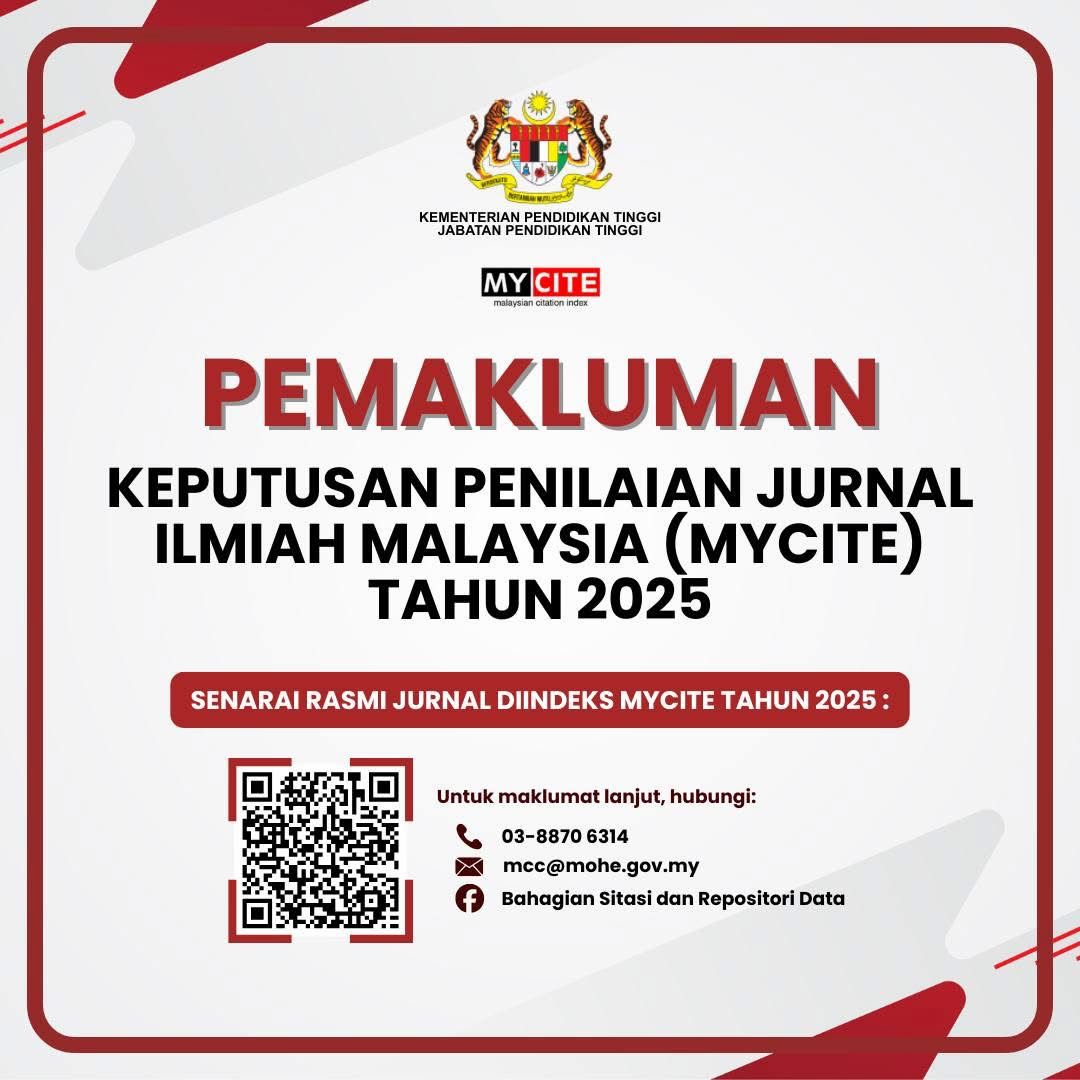Utilization of Social Media Platform Instagram as Participatory Design Tools in Indonesia
DOI:
https://doi.org/10.24191/idealogy.v5i2.224Keywords:
Instagram, Participatory Design, IndonesiaAbstract
Indonesia as the biggest archipelago country in the world has problem for the implementation of participatory design, especially due to the poor communication infrastructure and the distance between host and users. On the other hand, Indonesia has more than 100 million of internet users. In addition, Indonesian also social media savvy with Facebook, Instagram and Twitter serve as the top 3 social media platform in Indonesia. This study explores the potential of Instagram to serve as Participatory Design tools through experimentation method. The outcome of this study is conclusion that will serve as guideline for any Participatory Design initiative in the future.
Keywords: Instagram, Participatory Design, Indonesia
References
Mortberg, Christina (2014). "Participatory Design and Design for Value". Linnaeus University. DOI: 10.1007/978-94-007-6994-6_33-1
Oyugi, Cecilia and Nocera, Jose and Dray, Susan, The Challenges for Participatory Design in The Developing World (2008). Proceedings of the Tenth Conference on Participatory Design PDC 2008. DOI: 10.1145/1795234.1795308
Rival IQ. 2019. Social Media Industry Benchmark Report. Retrieved from: https://www.rivaliq.com/blog/2019-social-media-benchmark-report/
Srinagesh, K. The Principles of Experimental Research. Butterworth-Heinemann. 1st December 2005.
Statista Research Department. 2019. Numbers of Internet User in Indonesia from 2017-2023. Retrieved from: https://www.statista.com/statistics/254456/number-of-internet-users-in-indonesia/
Statista Research Department. 2019. Penetration of Leading Social Networks in Indonesia as of 3rd Quarters 2019. Retrieved from: https://www.statista.com/statistics/284437/indonesia-social-network-penetration/
Downloads
Published
Issue
Section
License
UiTM Press (the Publisher) has agreed to publish the undersigned author’s paper in Idealogy Journal. The agreement is contingent upon the fulfilment of a number of requirements listed below.
1. The undersigned author warrants that the paper entitled below is original, that it is not in any way libellous or unlawful in Malaysia, that it does not infringe any copyright or other proprietary right. The undersigned hereby represents and warrants that he/she is the author of the paper, except for material that is clearly identified as to its original source, with permission notices from the copyright owners where required. The undersigned represents that he/she has the power and authority to sign and execute this agreement.
2. The undersigned author warrants that the paper entitled below has not been published elsewhere, and also it will not be submitted anywhere else for publication prior to acceptance/rejection by this Journal.
3. By submitting the paper entitled below, the undersigned author agrees to transfer the rights to publish and distribute the paper in an international e-journal (entitled above) to Publisher.
4. The undersigned author agrees to make a reasonable effort to conform to Publisher's submission guidelines and to liaise with the editor to ensure that the requirements of these guidelines are met to a reasonable degree.
5. The corresponding author signs for and accepts responsibility for releasing this material on behalf of any and all coauthors. This agreement is to be signed by at least one of the authors who has obtained the assent of the co-author(s) where applicable. After submission of this agreement signed by the corresponding author, changes of authorship or in the order of the authors listed will not be accepted.




